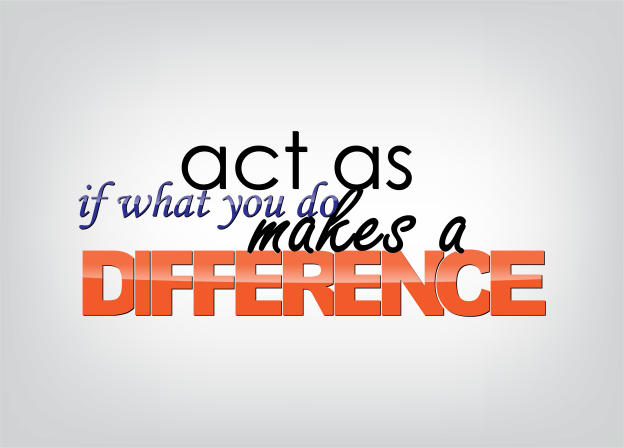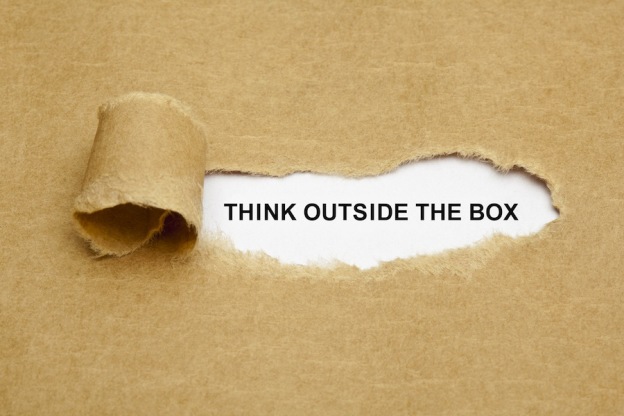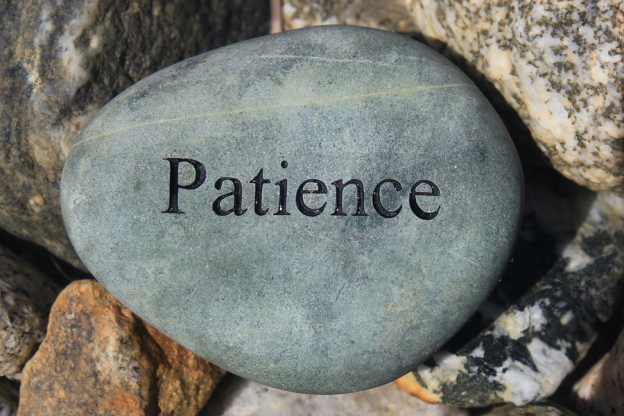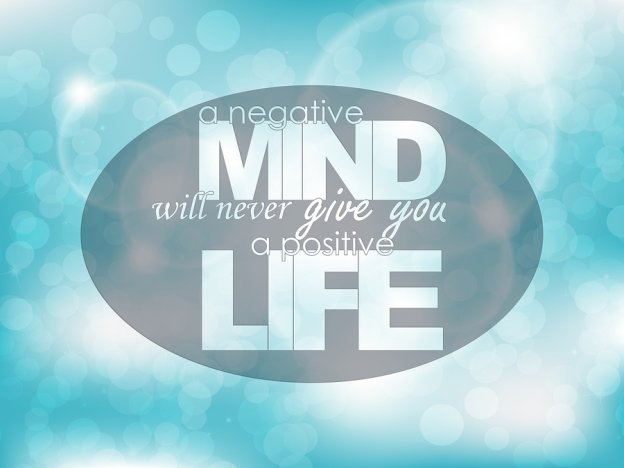I learned that “No” is a complete sentence from Ann Moore past CEO and Chairwoman of Time, Inc. It is a brilliant piece of advice that I suggest you use as a mantra.
This is an important lesson, especially for women, as we tend to say yes to everyone and everything–except ourselves or justify and apologize for not doing more. You probably do many things each week that you really don’t want to do, rather than saying no.
A recent article in Fast Company, by Stephanie Vozza, has a few good ideas to help you build your ability to say no when you mean it, rather than say yes because it’s easier. However, many of her suggestions start to justify your no; and in the long run it is more powerful if you can learn to “just say no!”
Why justifying your answer disempowers you.
Years ago in a teenage-parenting class I learned that by giving my teenagers reasons for my decisions–something I thought helped my children learn–I was actually giving my kids something to argue with. Although it seemed counterintuitive to my parenting style, I started to see that the more I justified my decisions the more we argued about them; eventually I stopped giving reasons.
Once you open the door to someone evaluating your choice you have changed the dynamics of the conversation. Every sales rep knows that no does not mean NO–as long as they can learn why. Early in my career I trained new sales reps to patiently wait after someone said no for their reasons. Most people feel bad saying no and will quickly give you their reason why. This always gives a sales rep the ability to “overcome the objection.’ It is the same reason you probably dislike used car sales people–they know this tactic all too well.
Respectfully declining is an art.
One thing I loved about Stephanie’s article was her emphasis on finding ways to demonstrate respect for the person asking, even while declining their request. When people feel dismissed it creates resentment. When they feel their needs are heard they are more likely to respect your “no.” Some easy phrases include:
- Thank you for thinking of me, …
- I am honored you are including me…
- That sounds like an amazing opportunity, but….
- I would enjoy that at a different time…
- That sounds really important to you but it conflicts with things I already am committed to.
Don’t leave the door open if you really don’t want to be asked again.
You may find it easier to say things like, “Maybe next time,” or “I would really like to but..,” or even “Let me think about it.” These phrases may soften the blow of your ‘no’ today; but overtime they will cause discord between you and the other person if you really have no intention of saying ‘yes’ later. Putting off the inevitable actually leaves the other party hanging and repeated hearing ‘no’ starts to create resentment.
Having four children meant the limits of time alone meant I couldn’t say yes to everything they all asked for–even when the requests were for things I thought were fun or “good”–but I wanted desperately to do as much as I could so I often said maybe. And when the requests were for things my children felt passionate about even if I didn’t like the idea I always attempted to see their point of view, rather than quickly say no. Later in life, one of my children told me it would have been easier on her if I had just said no and stuck with it. My lack of decisiveness actually was harder for her than if she knew she couldn’t get what she wanted.
I think the same is true for adults. People want to know where they stand and saying no when you mean it is actually the kinder thing to do.
Try making, “No is a complete sentence,” your mantra or affirmation for a month.
You will be amazed at how much it simplifies your life and actually allows you to experience more joy when your days and weeks are no longer full of things you really did not want to do!















